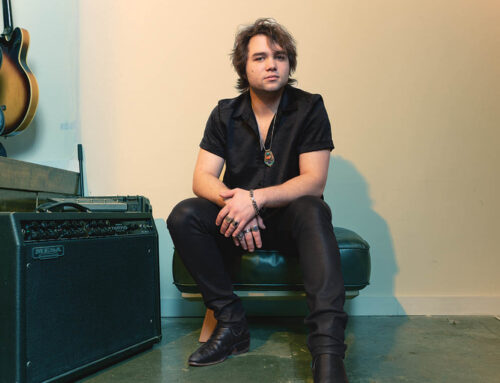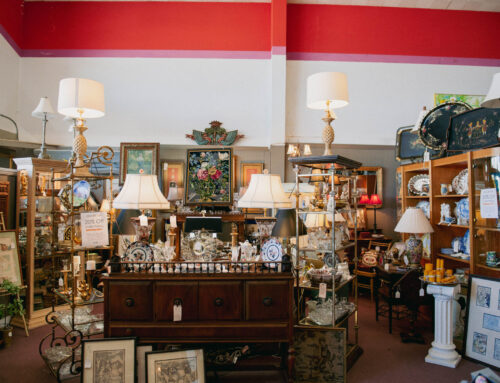I can’t think of my great-uncle George Williams without thinking about time. More specifically, I think of clocks.
Uncle George was in the water business back in northeastern Pennsylvania, but what fascinated me was his collection of old timepieces. The basement of his farmhouse in Honesdale, Penn., was a wonderland for me as a boy, with its old pump organ and several dozen wall clocks and mantel clocks, every one of which chimed the hours. Uncle George considered the synchronization of his clocks to be of utmost importance, so every 15 minutes the basement was a cacophony of dings and dongs — a veritable choir of ancient timepieces.
Uncle George’s basement was a magical place for me. Upon visiting the farm, it was the first place I went, and once there, I would wait impatiently for the hour to strike. Noontime, of course, was the best time to hear the basement’s symphony of time.
What made the place so special was not the mere measurement of time, the fragile works of the clocks, or their often ornate designs. The clocks were more than that. Over the years since, I have come to see that they represented not just the progress of time, but the steady measurement of our lives. To this day, I love to sit quietly in our house and listen to the ticking of our clock in the hallway and its solo version of the chimes that mark the time of our lives.
[quote align=”left” color=”#000000″]In our culture, we have too often regarded time as an enemy rather than a friend — something to be worked against, saved and shortcutted.[/quote]I suppose the lesson of the old clocks was that time is a precious thing, worth measuring, celebrating and valuing. In our culture, we have too often regarded time as an enemy rather than a friend — something to be worked against, saved and shortcutted. We try our best to manage time, control time, and cram as much as we can into each precious minute. Our relationship to time is often adversarial, but time still marches on, whether we like it or not.
We would do better to regard time as marking the precious gift of life — something to be savored, not just measured. The consciousness of time should lead us to value each passing day as a unique and unrepeatable gift. This should lead us not to panic at the thought of time’s passage but to be thankful for each day’s opportunities and simple beauties. I’d like to be more like Uncle George’s clocks, calmly ticking the seconds and celebrating the hours, one day at a time.
The Bible reminds us that we are to “number our days, that we may gain a heart of wisdom.” I think that means that we are to use time wisely — not squandering it or wasting it or chasing after it, but celebrating the flow of life’s passage. Wise use of our time includes both work and play, productivity and rest, tasks and relationships — everything we need to be fully and completely human.
Uncle George died many years ago, and his clocks have been divided up among his great-grandchildren, I suppose. But I know that somewhere they are still ticking away the seconds, still celebrating each passing hour. They remind us that time is not the enemy, but a most precious gift — a gift that can even make us wise.






